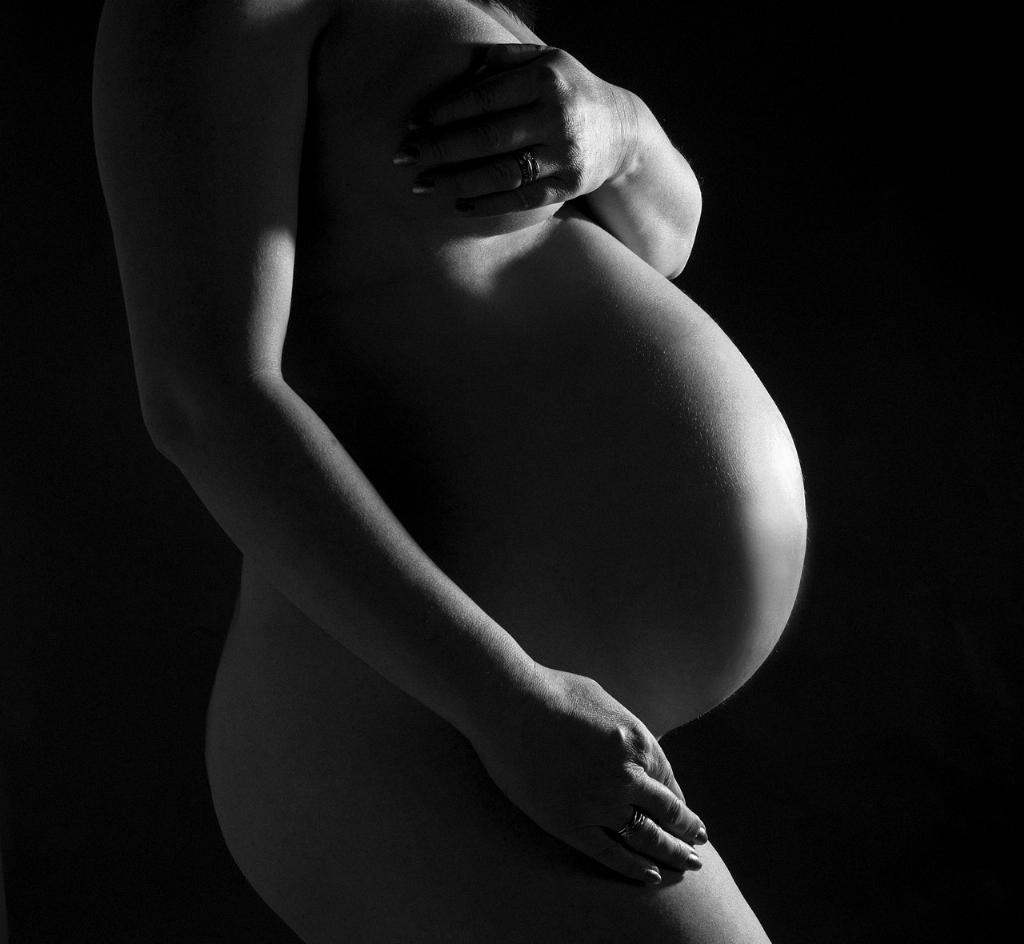When pregnant women do not consume enough essential nutrients, it can have severe implications on both the mother and the developing baby. One of the most concerning issues is poor fetal growth, which can result in low birth weight babies. A low birth weight can increase the risk of several health problems for the infant, both immediately after birth and in the long term.
Risk of Maternal Weight Loss
Inadequate intake during pregnancy can also lead to maternal weight loss, which can be detrimental to the health of the mother. Pregnancy is a crucial time for women to consume enough nutrients to support the growth and development of the fetus while also maintaining their own health. When there is not enough food intake, the mother’s body may start to use its own reserves, leading to weight loss and potential complications.
Impact on Cognitive Development
Research has shown that undernutrition during pregnancy can have lasting effects on the cognitive development of the child. Children born to mothers who did not eat enough during pregnancy may experience lower mental function and have an increased risk of behavioral problems. Proper nutrition during pregnancy is vital for the overall well-being of both the mother and the child.
Development of Nutrient Deficiencies
When pregnant women do not eat enough, they are at a higher risk of developing nutrient deficiencies. These deficiencies can have serious consequences for both the mother and the baby. For example, inadequate intake of folic acid can lead to neural tube defects in the baby, while iron deficiency can result in anemia in the mother.
Risk of Preterm Birth
Inadequate nutrition during pregnancy has been linked to an increased risk of preterm birth. Preterm birth, which occurs before 37 weeks of gestation, can lead to a range of health problems for the baby, including respiratory issues, feeding difficulties, and developmental delays. It is essential for pregnant women to consume enough nutrients to support a full-term pregnancy.
Compromised Immune Function
Poor nutrition during pregnancy can compromise the immune function of both the mother and the baby. The immune system plays a crucial role in protecting against infections and illnesses, and when it is weakened due to inadequate nutrient intake, both the mother and the baby are at higher risk of falling ill.
Increased Risk of Gestational Diabetes
Insufficient food intake during pregnancy can also increase the risk of developing gestational diabetes. Gestational diabetes is a condition that affects the way the body processes sugar during pregnancy and can lead to complications for both the mother and the baby. It is essential for pregnant women to maintain a balanced diet to reduce the risk of developing this condition.
Effects on Maternal Mental Health
Pregnancy is a time of significant physical and emotional changes, and proper nutrition plays a crucial role in supporting maternal mental health. When pregnant women do not eat enough, it can contribute to feelings of fatigue, anxiety, and depression. Ensuring adequate nutrient intake is essential for promoting overall well-being during pregnancy.
Impact on Breastfeeding
Inadequate nutrition during pregnancy can also impact the ability to breastfeed successfully. Breastfeeding requires a significant amount of energy and nutrients, and if the mother’s body is depleted due to poor intake during pregnancy, it can affect milk production and quality. A well-balanced diet during pregnancy is essential for supporting the breastfeeding journey.
Long-Term Health Implications
The effects of poor nutrition during pregnancy can extend beyond childbirth and infancy, impacting the long-term health of both the mother and the child. Research has shown that children born to undernourished mothers may be at a higher risk of developing chronic conditions later in life, highlighting the importance of adequate nutrient intake during pregnancy.
Importance of Seeking Support
For pregnant women who are experiencing challenges with food intake, seeking support from healthcare providers and nutrition professionals is crucial. Nutrition plays a fundamental role in the health and well-being of both the mother and the baby during pregnancy, and addressing any concerns or difficulties with food consumption early on can help prevent potential complications and promote a healthy pregnancy.
Conclusion
In conclusion, the consequences of not eating enough during pregnancy can have far-reaching implications for both the mother and the developing baby. From poor fetal growth and low birth weight to long-term health risks and complications, the importance of adequate nutrition during pregnancy cannot be overstated. It is essential for pregnant women to prioritize their dietary intake and seek support when needed to ensure a healthy pregnancy and the well-being of both themselves and their child.

